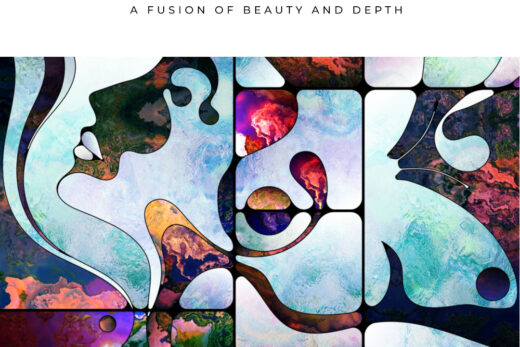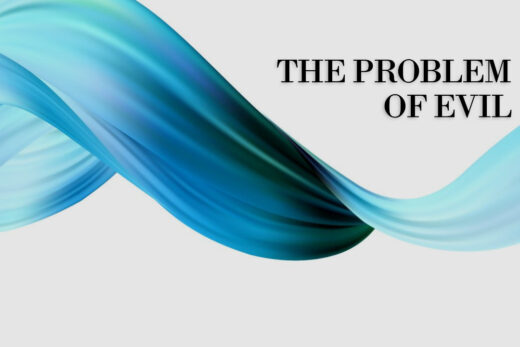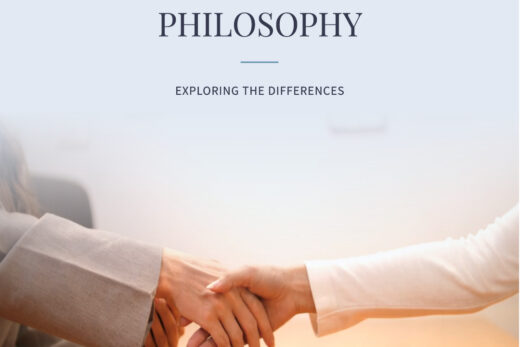Have you ever wondered about the role of philosophy in everyday life? From the simplest decisions to the most profound thoughts, philosophy influences our daily actions and beliefs more than we often realize.
The Role of Philosophy in Everyday Life
Whether we’re aware of it or not, philosophy serves as the foundation of our thoughts and actions. It molds our perception of the world, guides our reactions to different situations, and shapes our values and beliefs. In everyday tasks such as making decisions, resolving conflicts, or understanding complex concepts, philosophy equips us with the necessary critical thinking skills.
Example: Consider a scenario at the workplace where a conflict arises between two colleagues. Applying philosophical thinking, we can step back, analyze the situation objectively, and take into account the viewpoints of both parties to come to a fair resolution.
Philosophy as a Tool for Self-Exploration
Philosophy acts as a mirror, reflecting our inner selves. It encourages introspection, questioning, and self-discovery. Every time you ask yourself why you react a certain way, you’re practicing philosophy. This introspection is a vital part of personal growth.
As Socrates once said, “The unexamined life is not worth living.” It reminds us of the importance of self-reflection and introspection in leading a meaningful life.
Philosophy as a Guide to Truth
In an era saturated with information, discerning the truth can be challenging. Philosophy serves as a compass, directing us towards veracity and away from misinformation. The next time you come across a controversial issue, apply critical thinking – you’re essentially using philosophical tools to assess the credibility of the information.
Philosophy in Diverse Fields
Philosophy isn’t just about introspection. It impacts fields like education, economics, and psychology. Think about a doctor following ethical guidelines—that’s an example of philosophy in action. It’s everywhere, shaping our understanding of the world.
Philosophy in Action: From Theory to Practice
Philosophy doesn’t just live in textbooks—it comes to life in our actions. It helps us evaluate our decisions and understand their consequences. One practical example is philosophical counseling. It helps individuals deal with life’s big questions, proving that philosophy has practical value in everyday life.
Philosophy Encourages Open Thinking
Philosophy invites us to question, doubt, and explore, opening up a world of possibilities. It fosters a culture of open-mindedness and curiosity, empowering us to think outside the box. Philosophy is not just for scholars or academics – it’s a tool for everyone, enriching our lives and broadening our perspectives.
Conclusion
Philosophy is more than just an intellectual pursuit – it’s a way of life. It shapes our worldview and enhances our life experiences, guiding us towards a more conscious and fulfilling existence. By understanding and applying philosophy, we can navigate life with greater wisdom and resilience.
Frequently Asked Questions
How does philosophy improve decision-making skills?
Philosophy fosters critical thinking, enabling us to analyze situations thoroughly and consider different viewpoints before arriving at a decision. It encourages us to question our assumptions and examine the potential consequences of our choices, thereby leading to more informed and effective decision-making.
What is the connection between philosophy and emotional well-being?
Philosophy provides tools for self-reflection, helping us understand our thoughts, emotions, and reactions. This increased self-awareness can enhance emotional intelligence and promote mental health. Philosophy can also provide comfort and guidance when grappling with life’s big questions or dealing with emotional distress.
Can philosophy help in improving interpersonal relationships?
Yes, philosophy can enhance empathy and understanding in relationships. By encouraging open-mindedness and respect for differing viewpoints, philosophy can foster better communication and conflict resolution, which are key to healthy relationships.
How does philosophy contribute to ethical living?
Ethics, a branch of philosophy, explores concepts of right and wrong and provides guidance on moral conduct. By studying philosophy, we gain a deeper understanding of ethical principles, which can guide our actions and decisions in everyday life.
Does philosophy have a role in leadership?
Absolutely. Philosophy can guide leaders in making fair and ethical decisions, understanding the needs and perspectives of others, and envisioning long-term consequences. Philosophical thinking can enhance a leader’s ability to strategize, inspire, and lead with integrity.
How can philosophy enhance our understanding of the world?
Philosophy encourages us to question and explore, leading to a deeper understanding of the world around us. It provides tools for evaluating information and distinguishing fact from opinion. Moreover, it helps us appreciate the complexity and diversity of human experiences, promoting cross-cultural understanding and tolerance.
Can philosophy help us deal with life’s uncertainties?
Philosophy can provide comfort and guidance in the face of uncertainty. It encourages us to embrace doubt as a path to deeper understanding and to view challenges as opportunities for growth. Additionally, philosophical concepts such as stoicism teach us to focus on what we can control and let go of what we cannot, thereby promoting resilience and peace of mind.
How can the study of philosophy influence our creative abilities?
Philosophy stimulates critical and abstract thinking, which can enhance creativity. It encourages us to question norms, explore new ideas, and consider different perspectives. This openness to diverse ways of thinking can spark innovation and creative problem-solving.




